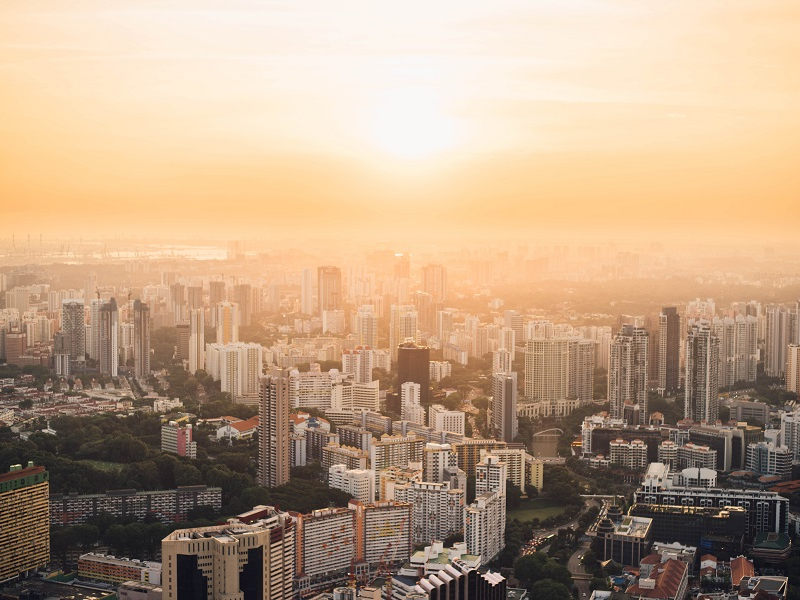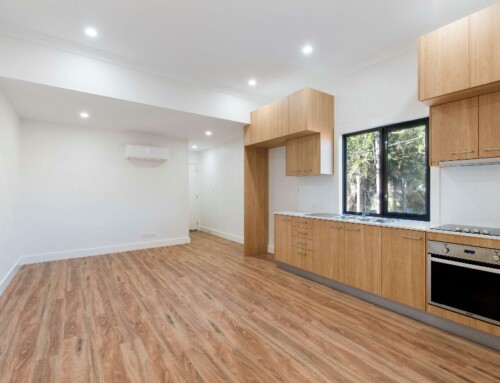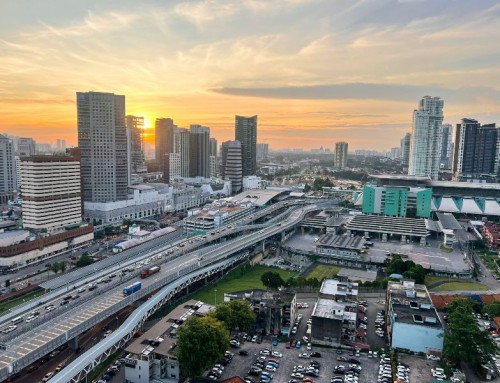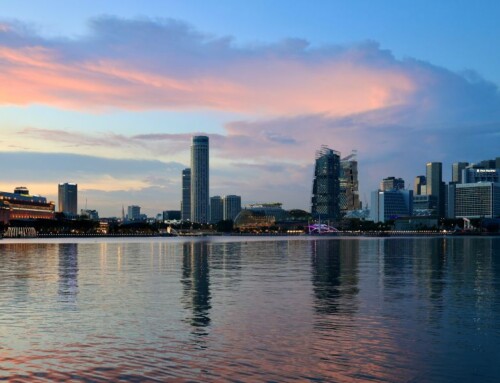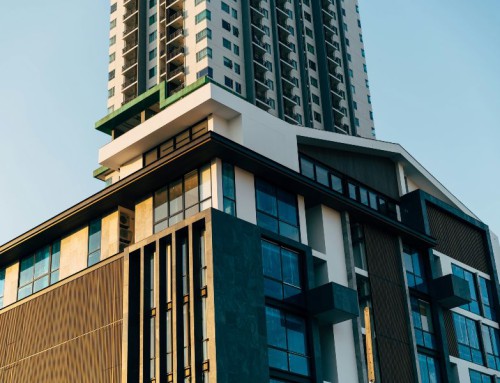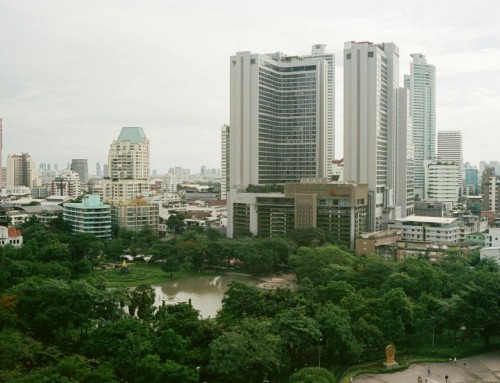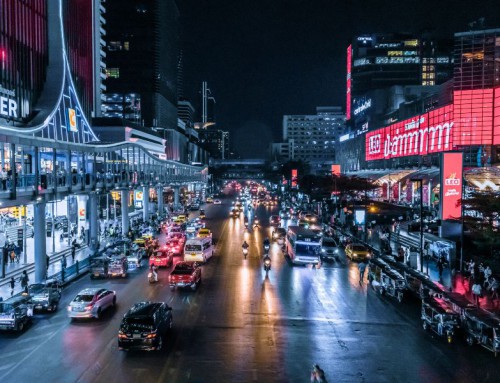Interest rates have been extremely low for over a decade. Since the global financial crisis in 2017/2018, rates have remained depressed and you can get financing on your property in Singapore or Hong Kong at rates of less than 2%. To understand interest rates and the effect it has on the economy and the property market, in particular, we have to understand the basis of how rates are set.
Interest is the reward given to savers or lenders. If interest rates are high, people are incentivised to save or lend. In economic terms, that scenario is where the opportunity cost of spending today’s money is very high. On the flip side, when interest rates are low, there is little incentive for a person to save or lend money and they might even borrow to spend as the cost to do so is low. Governments use this to control inflation and to stimulate or cool down the economy. If the economy is doing extremely well and there are signs of overheating, the government, through the central bank, could set the interest rate high so as to cool spending and hopefully ease the overheating. The Hong Kong Central bank has from time to time, used interest rates to cool or stimulate the market. The Singapore Central Bank uses a different mechanism to control inflation by pegging the Singapore Dollar to a basket of foreign currencies. In economic terms, central banks can use either fiscal (interest rates) or monetary (exchange rates) policies to control inflation.
Now let us take a look at the Hong Kong and Singapore market in general. Both these cities have soaring property prices, a high cost of living and yet interest rates are extremely low. Current interest rates in Hong Kong and Singapore for property loans are less than 2%. Buying sentiment is extremely positive and in some cases too overzealous and property prices are already past levels of affordability for most households. So why have interest rates not shot up in response to an overheating property market? The truth is that Hong Kong and Singapore are extremely open economies. Imagine if borrowing cost was extremely high in Hong Kong or Singapore. Foreign companies may leave or be deterred if they cannot obtain funds at attractive rates, especially with the US keeping interest rates so low to attract investment. The domestic market cannot support growth from within and foreign investment is needed to keep both economies going. Thus interest rates in Hong Kong and Singapore will continue to be low till the US starts raising interest rates. Has that started? Well yes, the US Federal Reserve has raised interest rates on a couple of occasions and Hong Kong and Singapore banks have started to offer slightly higher rates. HSBC ended its fixed-rate mortgage in Hong Kong sometime in March and Singapore’s bank rates have started to creep up. That being said, for a new home loan, rates are still below 2%. Even though we read about rates spiking by 20-30%, an increase of 20-30% of a small number is still not a huge difference. Home loan rates of 1% increasing by 30% would be 1.3% and still relatively low.
Let us take a look at the case in the Singapore context of an SGD$1,000,000 loan for 20 years
Mortgage amount: SGD$1,000,000
Loan tenure: 20 years
Interest rate: 1%:
Monthly instalments: $4,598
In today’s market, buyers can get perhaps a 3 bedroom condominium with such a loan and, conservatively fetch a rent of about $3,500. This would mean that the buyer would have to top up the difference to service the loan.
So what if rates rise to 3%?
Mortgage amount: SGD$1,000,000
Loan tenure: 20 years
Interest rate: 3%:
Monthly instalments: $5,545
The buyer would have to top up even more as the rent collected would definitely not cover the monthly instalments.
Now that is assuming that prices hold stable and the only thing that rises is interest rates. However, what if home prices do rise together with interest rates? This is rather plausible considering the buoyant property market. Let us assume that it would cost 20% more to purchase the same property.
Mortgage amount: SGD$1,200,000
Loan tenure: 20 years
Interest rate: 3%:
Monthly instalments: $6,655
This is perhaps where we are going to get to very soon the way things are going. Moreover, since rents are still depressed, the buyer at this point would have to top up, even more, to make up the shortfall.
In my example, rates rose before property prices rose. What is happening now is that property prices are rising and rates are still generally low. In my personal view, interest rates have to rise and I believe they will perhaps in the next two year. It may not go back to the days where mortgage rates were as high as 5-6% but we should maybe settle at an equilibrium of around 3%. At that point in time, the instalment of that 3 bedroom condominium would cost about $6,500. Do remember that we assumed that rents will remain stable. The truth is that rents have been falling in recent years as supply pours into the market with demand unable to catch up. Also, it is taking longer to find tenants who want to rent. Tenants are spoilt for choice and will be even more so as more supply comes onto the market. Imagine a case whereby a homeowner has to service a loan of about $6,500 but yet the rent he can collect is perhaps half of that. This is a possible outcome and buyers should be discerning enough when purchasing multiple properties.
Now let us consider the flip side. If interest rates are high to begin with. In less developed places like Bangkok, mortgage rates are in the range of 6-7%. I am using Bangkok, Hong Kong and Singapore as examples because I am familiar with these markets. Since interest rates are high, demand for mortgages should be correspondingly low. If lending is difficult, then demand should have been tapered already. This is the reason why I am still positive about the Bangkok property market. I believe that the availability to cheap and easy mortgage is a reason why property demand and prices increase. The US property market pre and post-subprime crisis saw sharp increases in property prices because of cheap and easy financing. Property prices in Singapore and Hong Kong are constantly heading northwards aided by low-interest rates. I personally have seen many potential property investors get turned away from investing in Bangkok property because of the expensive mortgage rates. On the flip side, I have seen many individuals, with little financial knowledge, jump into the Singapore and Hong Kong property market just because getting a loan was cheap and easy. For this particular reason, I have always maintained a stance that the Singapore property market is closer to the peak than it is to the bottom. Buyers are either not basing their decisions based on the rental market as I believe that if they truly knew the potential downside of some property investments, they would be a lot less euphoria in the property market. On the flip side, I do think that if easy and affordable financing options were more prevalent in Bangkok then the property prices in Bangkok would probably be higher than what it is currently.
Deciding to purchase a property is a large financial commitment. The decision should not be made just because financing is easily available. There are many factors that will determine whether property prices will rise or fall. However, in today’s highly leveraged society, I do believe that low-interest rates have played a large factor in the current property exuberance. The truth is that many are buying for fear of missing out and not because of a proper financial plan. Buyers should tread with caution and not jump in just because they can afford the instalments based on today’s interest rates.
Yours Sincerely,
Daryl Lum
